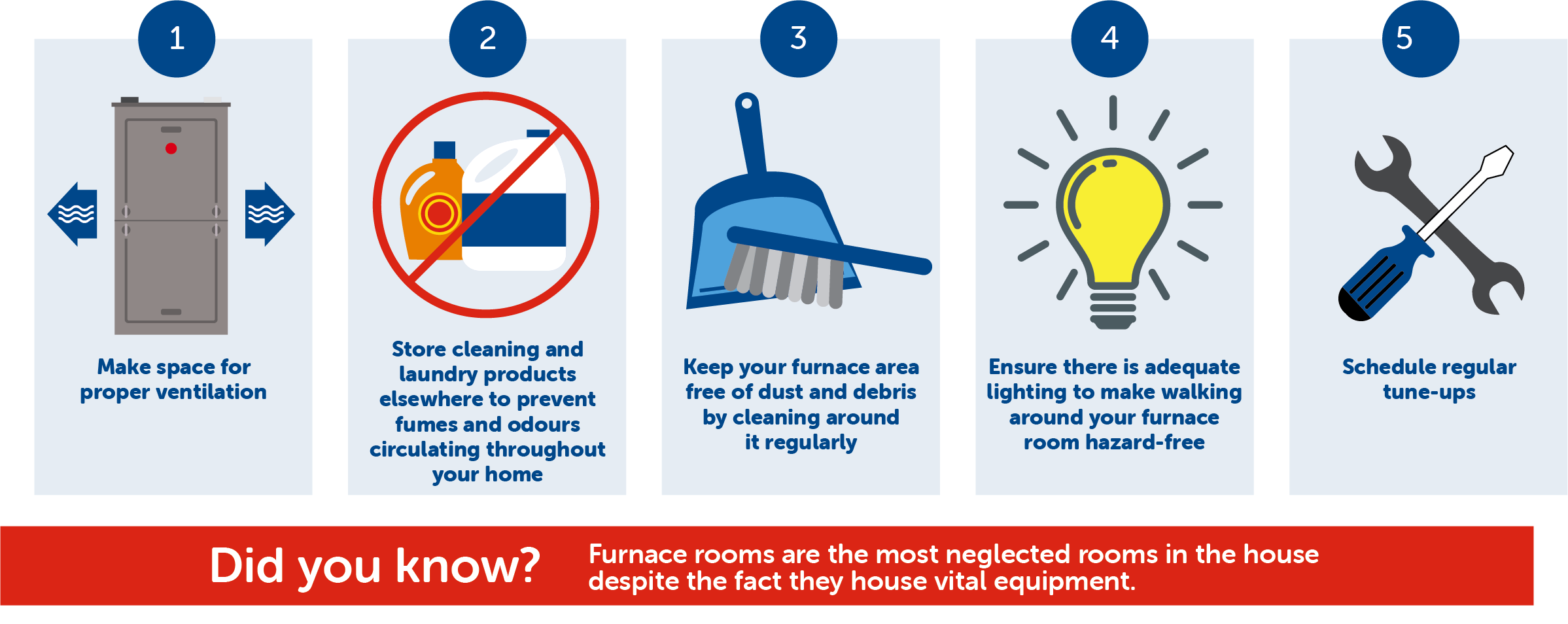Do Gas Furnaces Use Electricity?
Do gas furnaces run by using elecricity? It's a question many homeowners ponder when it comes to heating their homes. The truth is, furnaces can be powered by either gas or electricity, and both options have their own unique characteristics. In this article, we'll explore the differences between gas and electric furnaces and answer some common questions you may have.
Types of Furnaces
Furnaces come in two main types: gas and electric. Gas furnaces are more prevalent in the United States, but electric furnaces are gaining popularity. Let's take a closer look at each:
Gas
Gas furnaces, as the name suggests, use natural gas or propane as their primary fuel source. They are known for their efficiency in quickly heating homes. These furnaces ignite gas to create a flame that warms the air, which is then circulated throughout the house using a blower.
Electric
Electric furnaces, on the other hand, rely solely on electricity for heat generation. They employ electrical elements like coils or heating strips to warm the air, which is then distributed throughout your home. Electric furnaces are often simpler to install and maintain but may be less energy-efficient, depending on your electricity source.
Does a Gas Furnace Use Electricity?
Yes, a gas furnace does use electricity, although its primary fuel source is natural gas or propane. How many watts does a gas furnace use? That depends on the type of gas furnace, how energy efficient it is and how often you use it.
Electricity plays a crucial role in several components of the furnace system:
Electronic Ignition System: Gas furnaces typically use an electric ignition system, which can be a small spark or a hot surface igniter, to light the gas burner.
Blower Motor: The blower motor, which circulates warm air throughout your home, relies on electricity to operate effectively.
Thermostat: Your thermostat, responsible for setting and maintaining the desired temperature, is powered by electricity. It sends signals to your furnace to turn on or off based on your preferences.
Safety Systems: Modern gas furnaces include safety features like pressure switches and flame sensors, which are electronic components requiring electricity to function correctly.
Circuit Board: The circuit board of a gas furnace uses electricity to control the main components of the unit. It acts as the brain of the gas furnace.
Will a Gas Furnace Work Without Electricity?
While a gas furnace can produce heat without electricity, it won't operate at its full capacity or efficiency. Key components like the blower motor and ignition system rely on electricity. During a power outage, your gas furnace may still generate heat, but it won't effectively distribute it throughout your home.
To ensure your gas furnace continues to run during power outages, consider installing a backup generator or a battery-powered backup system designed specifically for furnaces. These systems provide temporary power to essential components, keeping your home warm even in adverse conditions.
How Much Electricity Does a Gas Furnace Use?
The electricity consumption of a gas furnace can vary depending on the specific model and features it incorporates. On average, a gas furnace consumes approximately 400-600 watts when in operation. This is roughly equivalent to the electricity used by a few light bulbs.
The primary electricity consumer in a gas furnace is typically the blower motor. Its energy usage varies based on factors such as speed settings and how frequently it operates. Some modern gas furnaces feature variable-speed blowers that adjust their speed for optimal energy efficiency.
How Do They Work?
Gas furnaces work by:
Gas flowing through a pipe into the combustion chamber.
The pilot light ignites the gas, generating heat.
The heat exchanger transfers the heat to the warm air.
The blower motor circulates the warm air throughout the home through the duct system.Additional Tips for Efficient Gas Furnace Use
Gas furnaces can be either gas or electric.
Gas furnaces use electricity to power the blower motor, thermostat, and other components.
Electric furnaces use electricity to generate heat, which is then circulated throughout the home.
Gas furnaces are generally more energy-efficient than electric furnaces. However, gas furnaces can produce carbon monoxide, so it is important to have them inspected and maintained regularly by a qualified HVAC professional.
Benefits and Drawbacks
Gas furnaces offer several advantages, including:
High efficiency compared to electric furnaces.
Cost-effective operation.
Excellent heat production.
Reliability.
However, they also have some drawbacks:
Require a gas line.
Can produce carbon monoxide, a potentially dangerous gas.
Initial purchase and installation costs may be higher than electric furnaces.
Additional Tips for Efficient Use
To maximize the efficiency of your gas furnace, minimize electricity usage and lower your energy bill, here are some tips:
Regular Maintenance: Schedule annual maintenance to ensure your furnace operates at its peak efficiency. This includes cleaning and inspecting components like the blower motor and ignition system.
Programmable Thermostat: Use a programmable thermostat to lower temperatures when you're away or asleep, reducing energy consumption and heating costs.
Filter Maintenance: Change your furnace's air filters regularly for top performance. Clogged filters restrict airflow, making the furnace work harder and consume more electricity.
Professional Inspection: Have your furnace inspected and tuned up by a qualified HVAC professional at least once a year to ensure safe and efficient operation.
Heating Units in the Pacific Northwest
Gas furnaces are a popular choice for heating homes in Vancouver, WA, given the mild climate. To make the most of your gas furnace, select the right size for your home, maintain it properly, and prioritize safety.
Following these guidelines, along with implementing energy-saving practices, will help you enjoy efficient and cozy heating year-round. If you're in Vancouver, WA, consult with Miller's Heating & Air for expert guidance on gas furnaces and heating solutions tailored to your needs.
HVAC Service and Repair
If your furnace will not work, there could be a problem with the blower motor, heating system, heat exchanger, electrical power, or gas flowing.
It is important to have your furnace repaired by a qualified heating and cooling professional to ensure that it is operating safely and efficiently.
blower motors
heating system
heat exchanger
electrical power
energy efficiency
gas furnaces work
gas or electric
gas flowing
furnace uses electricity
gas and electric
warm air
generate heat
pilot light
gas heat
electric heating
carbon monoxide
hot water
duct system
furnace will not work
combustion chamber
Gas furnaces are a popular choice for heating homes because they are energy-efficient and produce reliable heat. However, it is important to have your gas furnace inspected and maintained regularly by a qualified HVAC professional to ensure that it is operating safely and efficiently.



